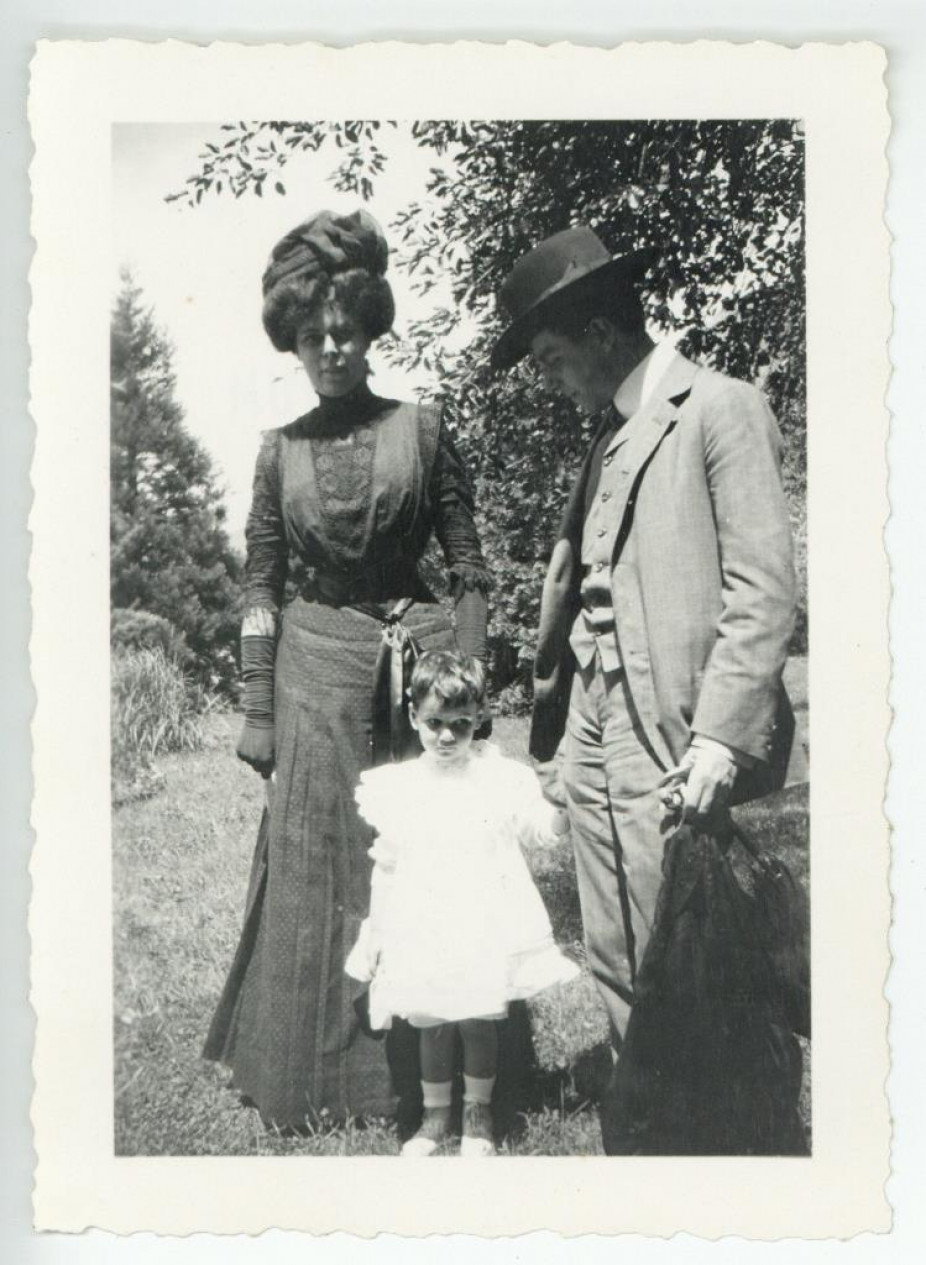Muzsikustársakkal
Mindenkinek, aki abban a szerencsében részesült, hogy zenei hatását érezhette – akár kamarazenében volt partnere, akár tanítványa vagy karmestere lehetett –, kötelessége feleleveníteni és megörökíteni Bartók muzsikálását, amelyet alkotó tevékenységétől egészen függetlenül kell megítélnünk. […] Minden hangszer, akár zongora, akár más, élete végéig foglalkoztatta.[…] Ha előbb azt írtam, hogy minden hangszer lehetőségei foglalkoztatták, közös problémáinkra és beszélgetéseinkre gondoltam, amikor közvetlenül tapasztaltam, hogy mennyire érdekli a különböző hangszereken „kihozható” hatás, és mennyire örült, amikor 1927 nyarán néhány szokatlan hegedű-lehetőséget, flazsolet-kombinációkat, pizzicato-hatásokat és hasonlókat jegyeztem le számára. […] De mindenekelőtt felejthetetlen számomra a játéka, az a csupa ideg és hajlékonyan rugalmas játék. Mennyi költőiséggel játszotta az „Este a székelyeknél”-t és milyen humorral és beszédes rubatóval a „Kicsit ázottan” című darabját!
(Szigeti József, Beszélő Húrok, ford. Stella Adorján, 1965)



